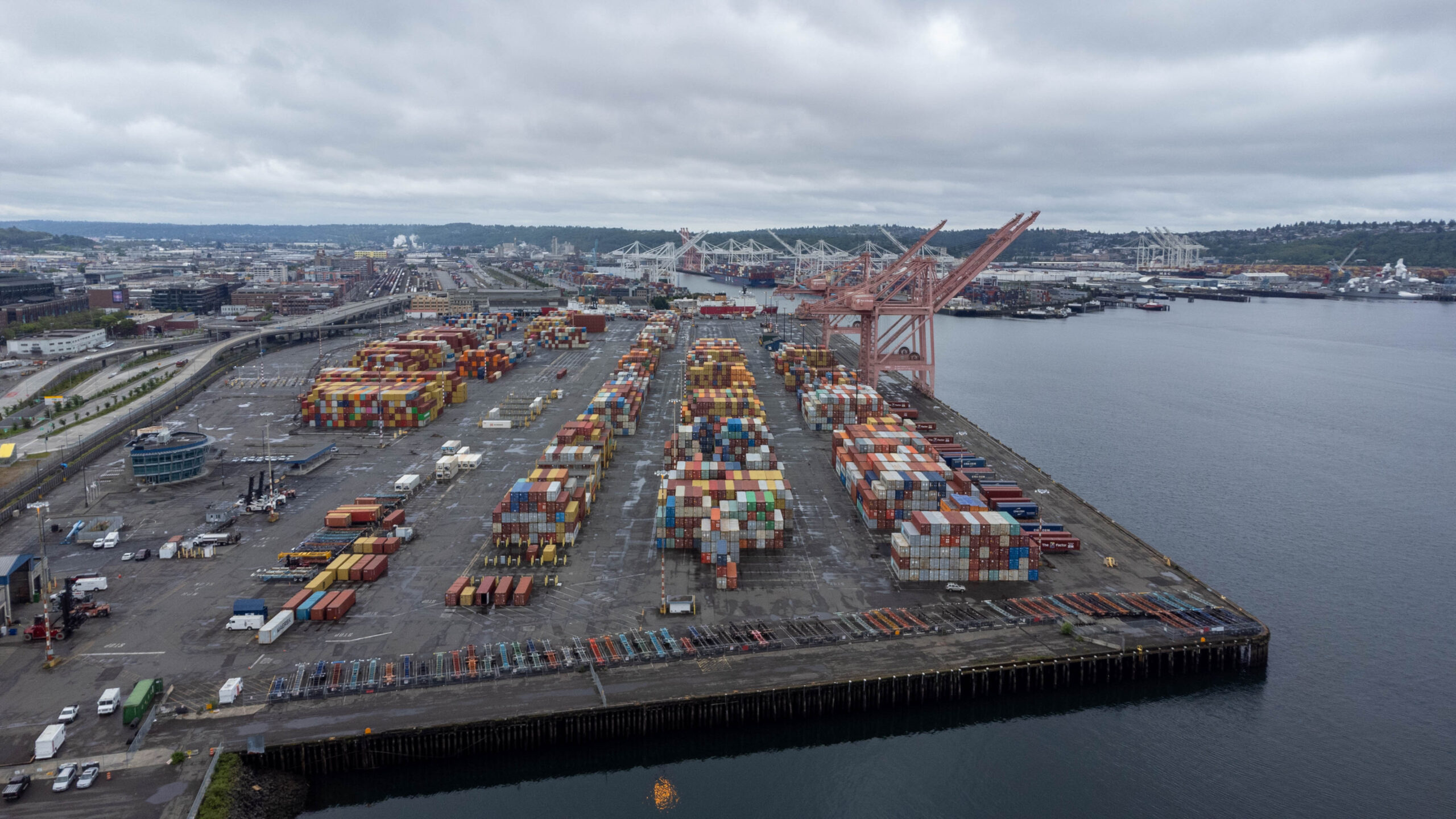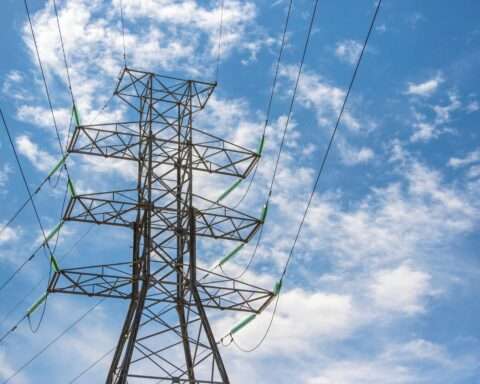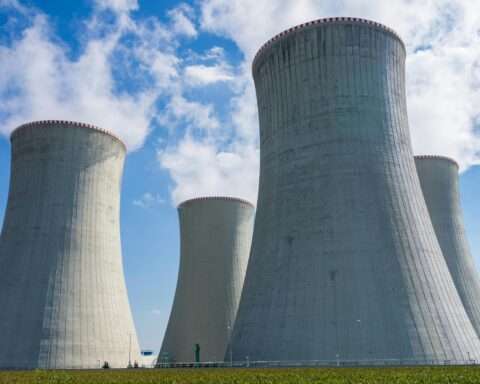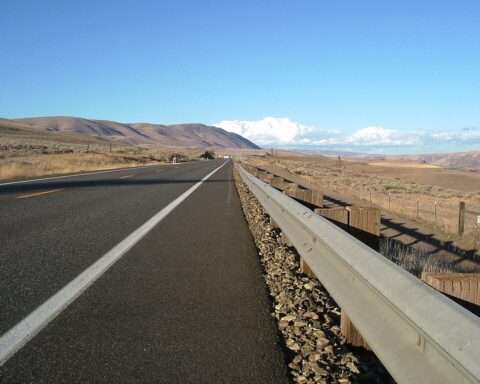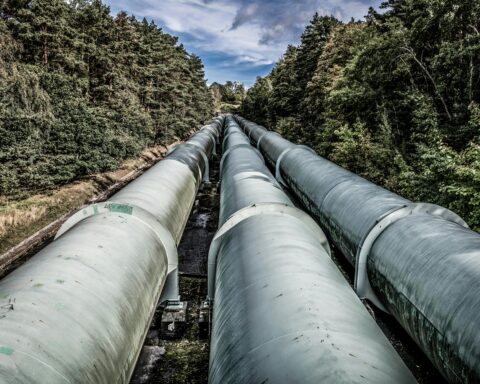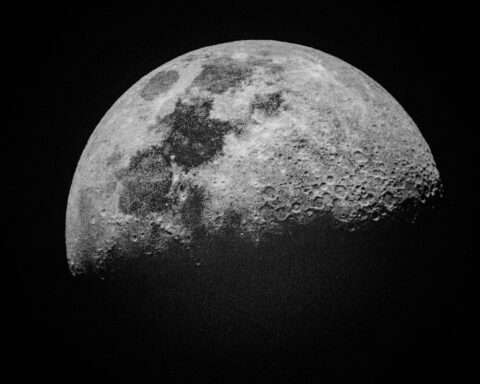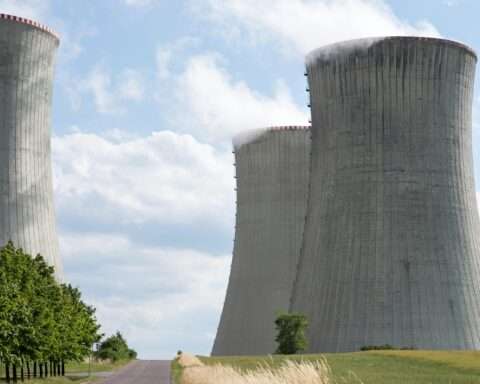The Washington State Department of Transportation (WSDOT) is awarding to 11 ports for electrification projects, which is expected to cut greenhouse gas emissions by over 140,000 metric tons within the next decade.
The 11 awardees are the first recipients from the Port Electrification Grant Program, established by state lawmakers in 2023 and funded through Washington’s Climate Commitment Act. The competitive program is available to all 75 public ports across the state and is a component of broader efforts to reduce carbon emissions in the transportation sector, which has been recognized as the state’s largest source of pollution.
This year’s grants are funding projects focused on two key goals:
- Building shore power systems that enable ships to use clean electrical power while docked instead of relying on combustion engines for operations.
- Installing electric vehicle (EV) chargers and acquiring EVs, such as drayage trucks, to transport cargo to and from ships at port facilities.
“We are pleased to support cleaner air quality for those who live and work near the ports,” Jason Biggs, director of WSDOT’s Rail, Freight and Ports Division, said. “This program helps ports switch from using fossil fuels, creates a better work environment for port staff and ensures nearby neighborhoods are healthier places to live.”
Grants were awarded to:
- Northwest Seaport Alliance: $2.6 million for shore power planning
- Port of Anacortes: $1.03 million for shore power and zero-emission equipment
- Port of Bellingham: $2.8 million for shore power
- Port of Benton: $2.7 million for shore power
- Port of Edmonds: $1.5 million for shore power
- Port of Everett: $4.3 million for shore power, electric trucks and cleaner generators
- Port of Friday Harbor: $7 million for shore power and electric trucks
- Port of Kalama: $1.4 million for an electric boat dock
- Port of Port Angeles: $525,408 for shore power and electric cargo equipment
- Port of Ridgefield: $1.2 million for EV chargers
- Port of Seattle: $1 million for shore power
In a complementary plan to reduce emissions, WSDOT issued an invitation in May for potential shipbuilders to submit qualifications to construct five hybrid-electric vessels. Later this year, the qualified firms will submit bids, leading to the selection of one or two shipbuilders. Plans call for two vessels to be delivered in 2028, two more in 2029 and the final ferry in 2030, depending on final bid prices and available funding.
Hybrid-electric ferries have been in development for more than a year, and shipbuilders nationwide have expressed interest in constructing these vessels. The five new ferries are projected to save around 240 million gallons of diesel fuel over their 60-year lifespan, with systemwide emissions cut from the current 180,000 metric tons to 45,000 metric tons annually.
Sea Cow, CC BY-SA 4.0 https://creativecommons.org/licenses/by-sa/4.0, via Wikimedia Commons



